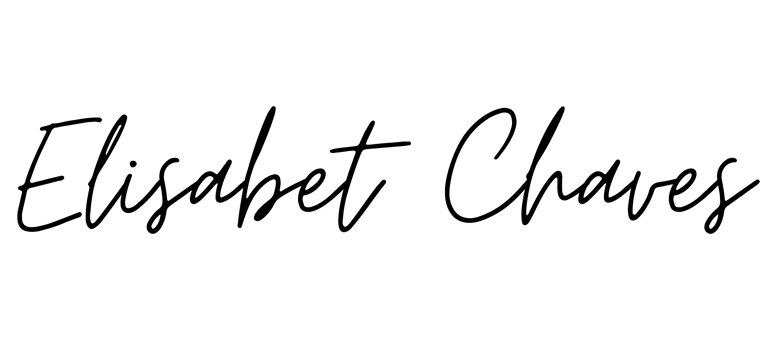How to sound more expensive: keys to elevating your professional communication
Enhance your professional perceived value with your Voice
8/11/20252 min read


In highly competitive environments, experience alone is not enough. What really makes the difference is how you communicate. Language and presence project an immediate perception of professionalism, confidence, and calibre. And that perception directly influences your value in the market.
Sounding ‘more expensive’ is not about pretending. It's about communicating from your experience, clarity and authority. It's about using language that inspires confidence, structure that facilitates decision-making and a verbal presence that is aligned with the level you occupy or aspire to.
Use the power of silence
Speaking with pauses generates authority. Well-used silence allows your ideas to sink in and prevents your message from being diluted. Haste communicates insecurity. Pausing communicates control.
Speak with structure
Organise your message as if it were a professional presentation: opening, main idea, development, closing. This conveys strategic thinking and professional maturity.
Example: instead of saying ‘I had some ideas to discuss...’, say: ‘I would like to share three proposals to improve this process’.
Choose your words carefully
Replace colloquial or uncertain language with expressions that reflect clarity and direction. Words project positioning. Comparison:
‘I would love to work with you’ → emotional, imprecise.‘I am interested in exploring this collaboration’ → professional, assertive.
Elevate your professional vocabulary
Use verbs that communicate action, leadership and strategy: align, optimise, drive, implement. Avoid vagueness such as ‘things’, “issues” or ‘look at this’.
Use a tone that inspires authority
Your tone should be firm, steady and clear. Avoid rising intonations (which sound like doubt) when making statements. A firm voice communicates credibility.
Close with a proposal or action
Avoid ending your interventions with phrases that minimise you, such as ‘that's all’ or ‘sorry if I went on too long’. Instead, use executive closings:
Example: ‘I await your confirmation to move forward’ or ‘I am available for a follow-up session when you see fit’.
Conclusion
Your communication defines how you are perceived even before your CV is seen. And that perception influences your salary, the opportunities you attract and your influence. Learning to sound like someone who earns more is an exercise in strategy, consistency and leadership.
Invest now in the ‘Speak with Clarity in Interviews’ checklist and start communicating like a true leader.
Empowerment
Connect
Get Inspired
+34 641 14 15 88
© 2025. All rights reserved.
